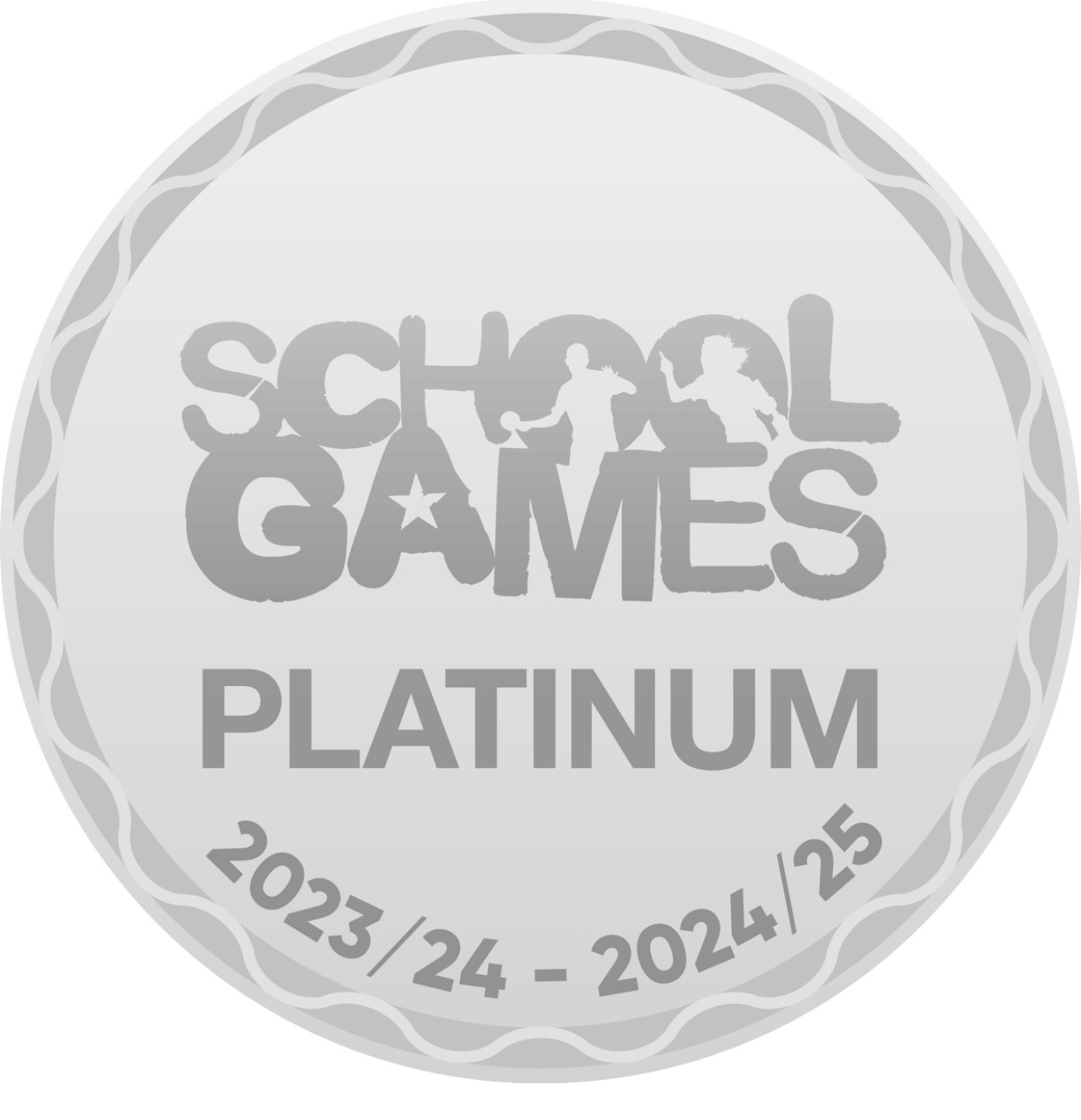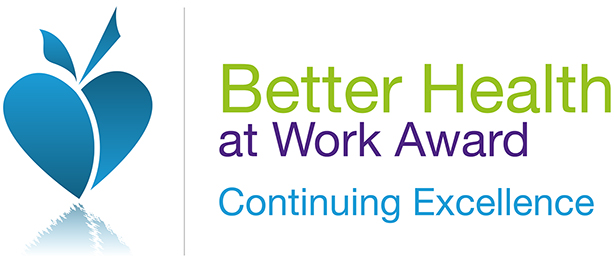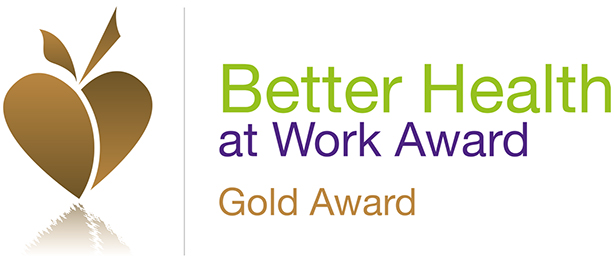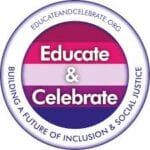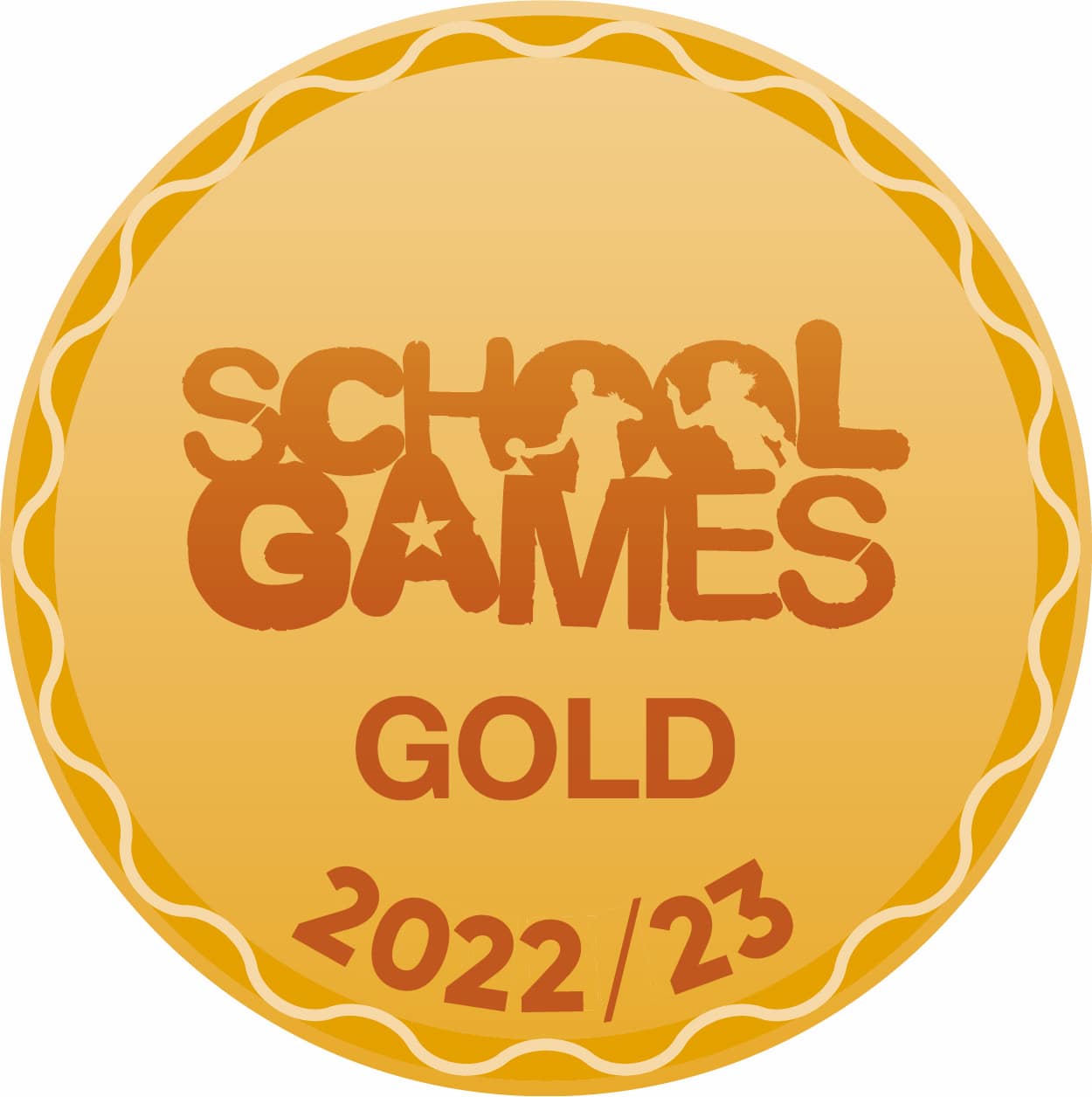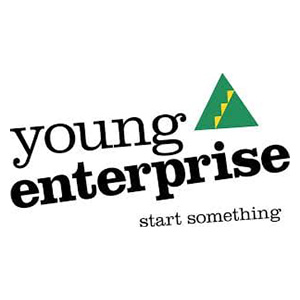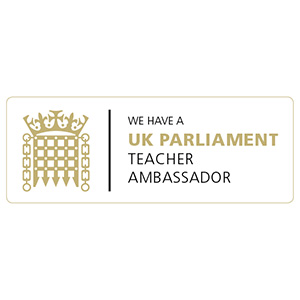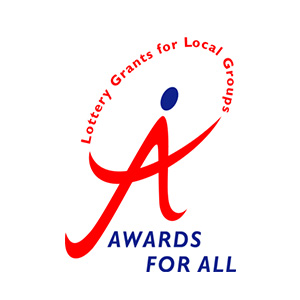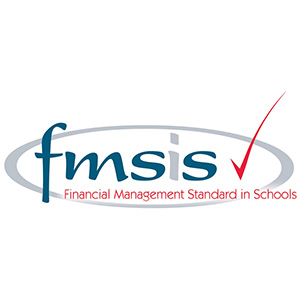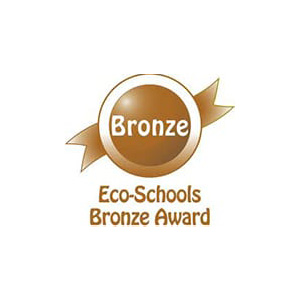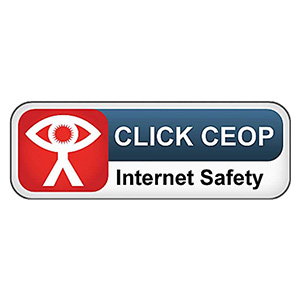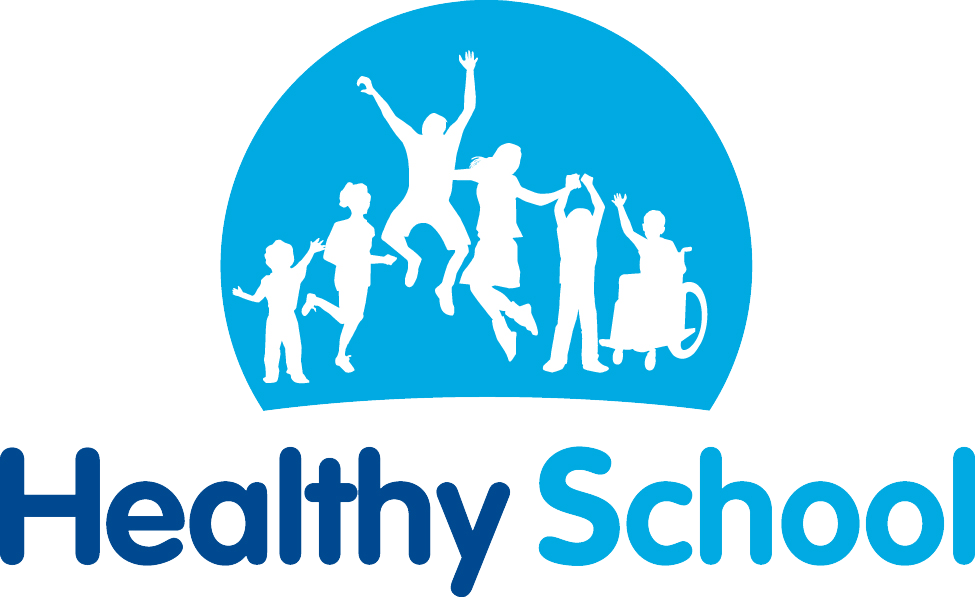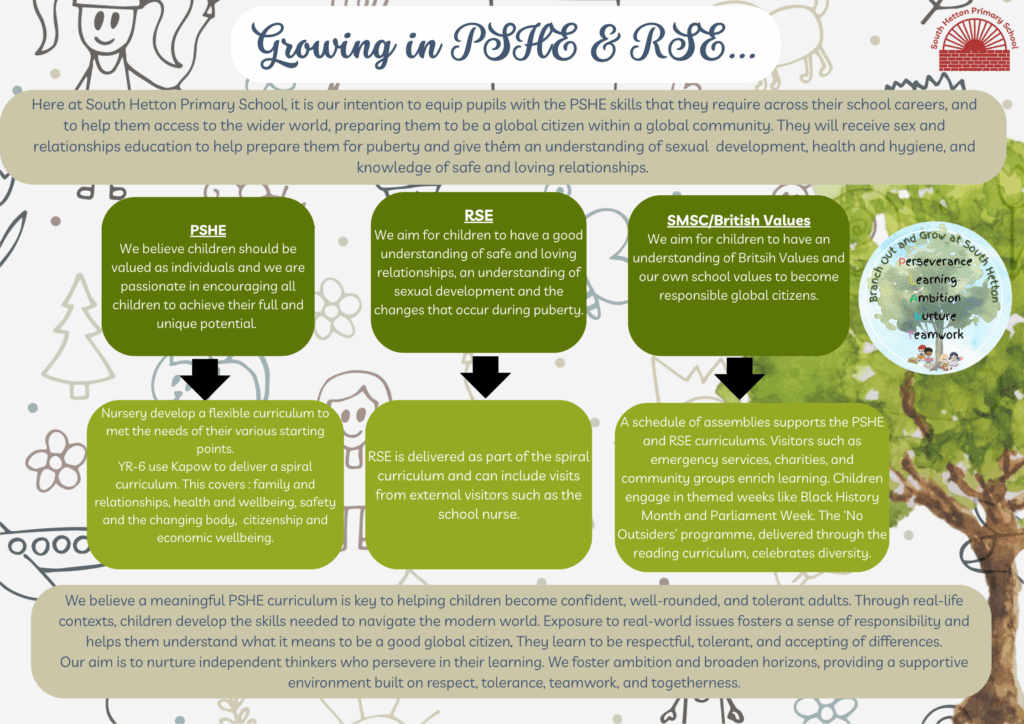
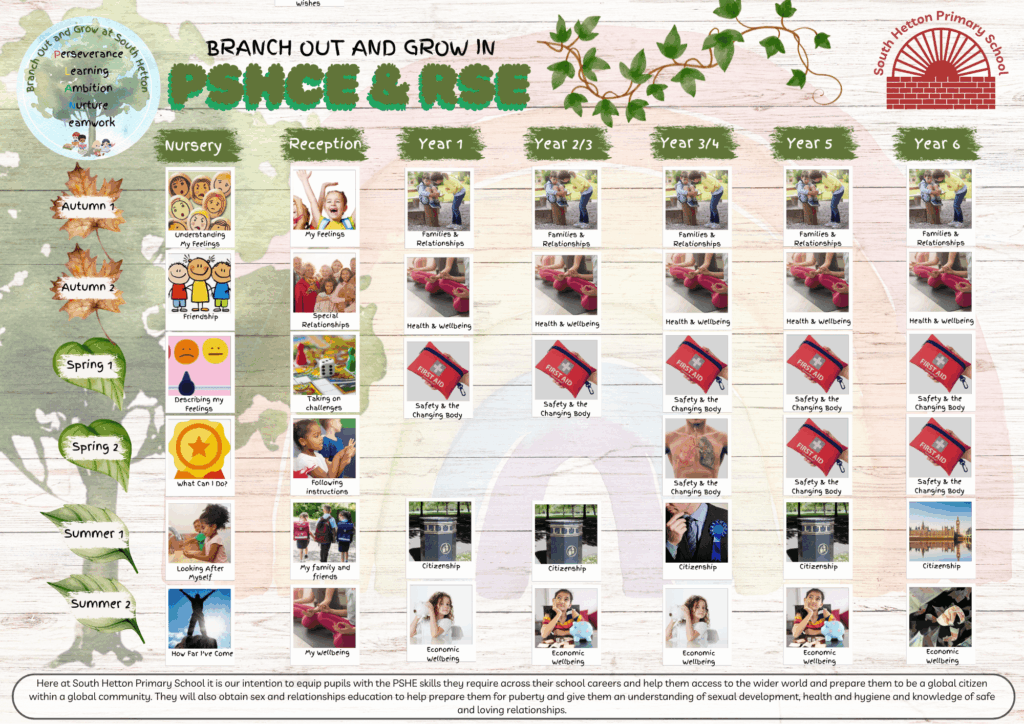
Our PSHE & RSE Policies can be found here:
RSE (Relationships and Sex Education)
From September 2020, all primary schools in England will be required to teach Relationships Education. It is recommended that all primary schools also have a program of sex education tailored to the needs of their pupils. South Hetton Primary School plans to start this programme this academic year.
Parents do not have the right to withdraw their children from relationships education but school will automatically grant a request to withdraw a pupil from any sex education, other than as part of the science curriculum. There may be exceptional circumstances where school and parents of children with special educational needs or disabilities may need to be taken into account when making this decision.
Relationship and Sex Education is about the emotional, social and cultural development of pupils, and involves learning about relationships, sexual health, sexuality, healthy lifestyles, diversity and personal identity.
Relationship and sex education at South Hetton Primary School is taught within the personal, social, health and economic (PSHE) education curriculum. Biological aspects are taught within the science curriculum, and some aspects are included in religious education (RE).
Pupils also receive stand-alone puberty sessions delivered by a trained health professional in year 5 and 6.
Our Relationships education focuses on teaching the fundamental building blocks and characteristics of positive relationships including:
- Families and people who care for me (families can include single parent families, LGBT parents, families headed by grandparents, adoptive parents, foster parents/carers amongst other structures)
- Caring friendships
- Respectful relationships
- Online relationships
- Being safe
Our science curriculum will include:
In the Early Years Foundation Stage, children will learn
- That animals have life cycles (e.g. butterflies or frogs)
In Key Stage 1, children will learn:
- That animals including humans, move, feed, grow and use their senses and reproduce
- To recognise and compare the main external parts of the bodies of humans
- That humans and animals can reproduce offspring and these grow into adults
- To recognise similarities and differences between themselves and others
In Key Stage 2, children will learn:
- That the life processes common to humans and other animals including nutrition, growth and reproduction. The changes that happen in humans from birth to old age. This includes in year 5 and 6, learning what happens in puberty and how babies are conceived and born, what menstruation is, and how it affects women.
Key aspects of our PSHE curriculum are revisited during assemblies. Our assembly overview can be found here.
If you have concerns about safety online, please visit CEOP for guidance and support.


